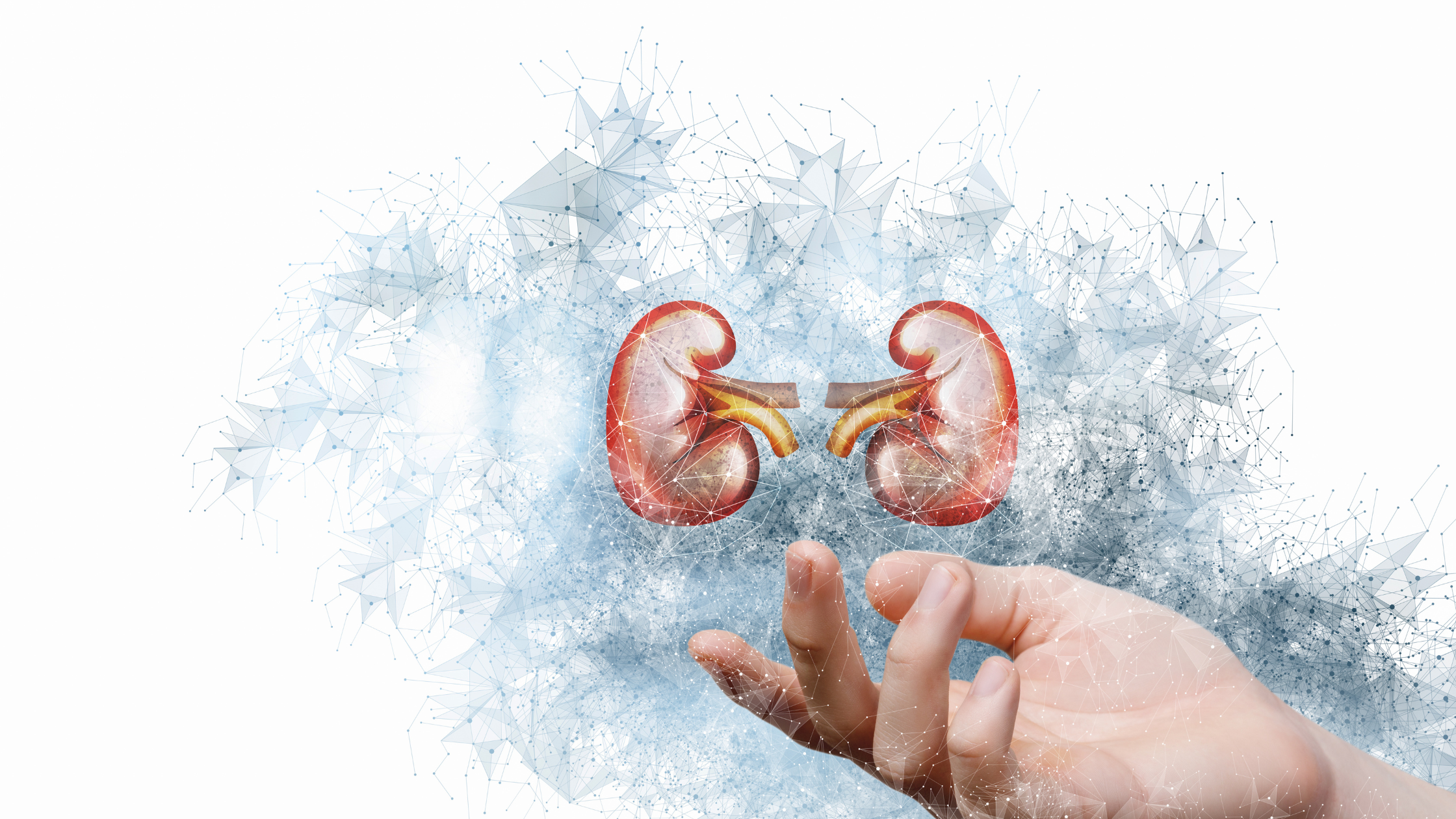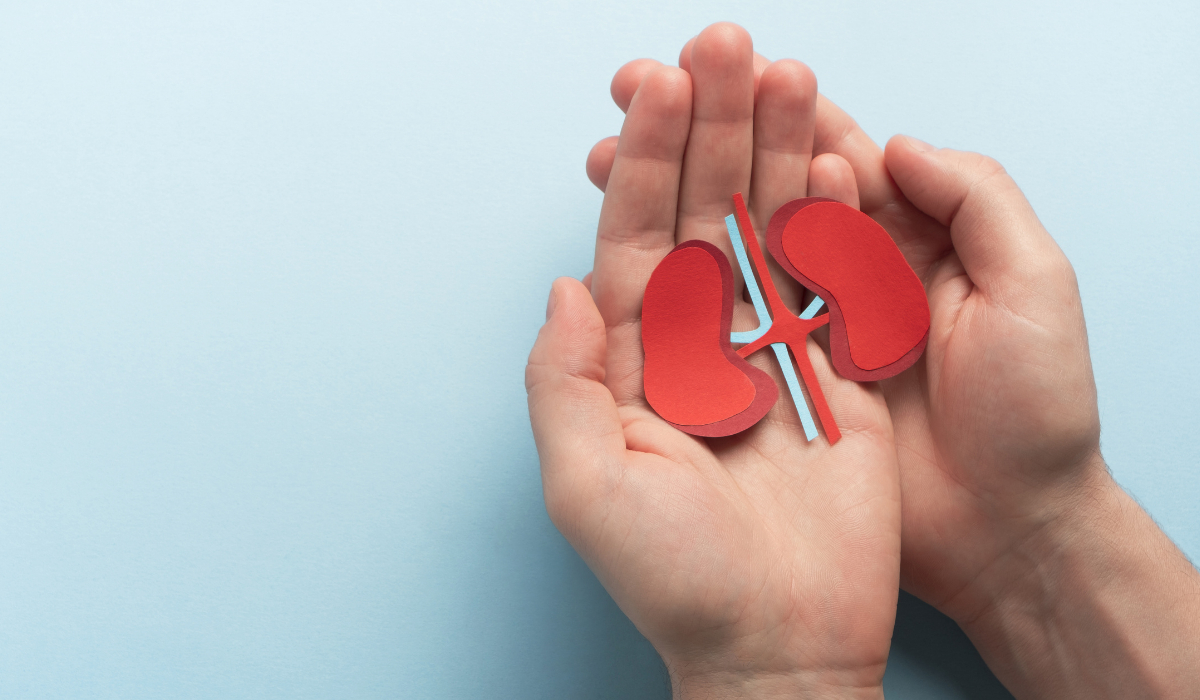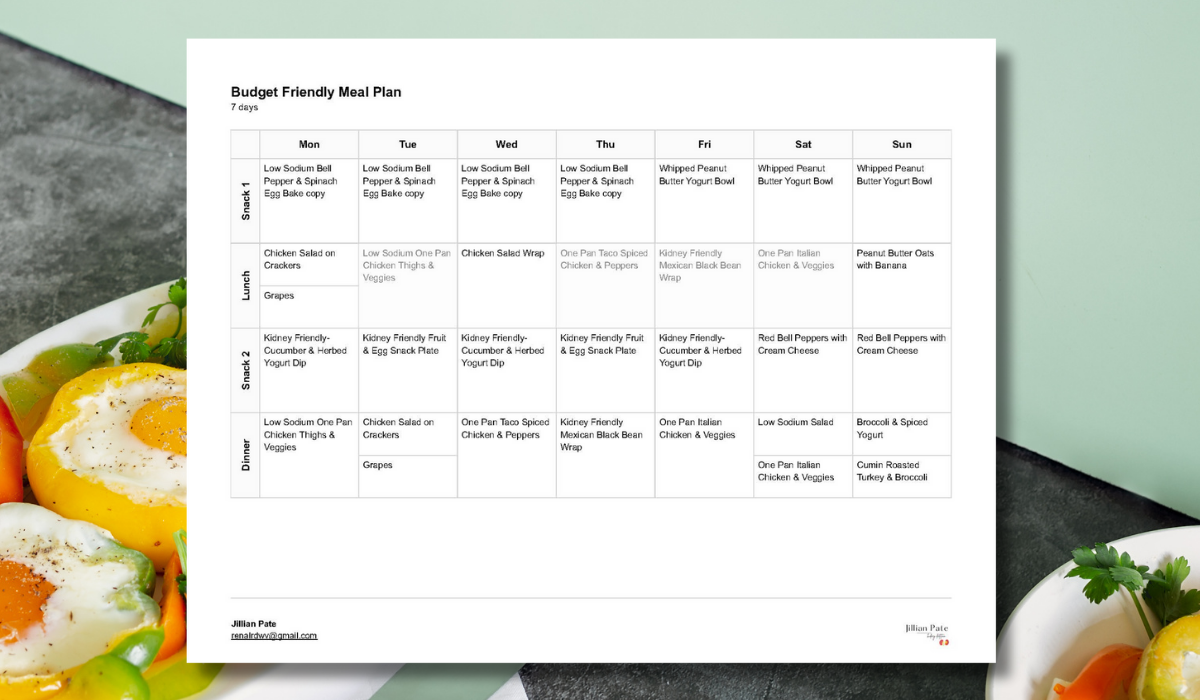Understanding Chronic Kidney Disease Stage 3: What You Need to Know
Living with chronic kidney disease (CKD) stage 3 can feel overwhelming. As kidney function begins to decline, many patients have questions about...
3 min read
Quality Insights Staff : Apr 16, 2025 11:30:07 AM
Living with chronic kidney disease (CKD) stage 3 can feel overwhelming. As kidney function begins to decline, many patients have questions about symptoms, treatment options, and what comes next. This guide breaks down the need-to-know basics of CKD stage 3, from key symptoms to management strategies.
Chronic kidney disease stage 3 means your kidneys are moderately damaged and not working as well as they should. During this stage, your kidneys filter blood less effectively, causing waste products to build up in your body.
CKD stage 3 is divided into two sub-stages:
Doctors measure kidney function using a blood test called eGFR (estimated glomerular filtration rate). A normal eGFR is 90 or higher. In stage 3 CKD, your eGFR falls between 30-59.
Many people with stage 3 kidney disease start noticing symptoms as waste products accumulate in their blood. Common signs include:
Not everyone experiences all these symptoms. Some people with CKD stage 3 may have few or no obvious signs.
Several conditions can damage kidneys and lead to stage 3 CKD:
If your doctor suspects kidney problems, they'll likely order these tests:
The good news is that stage 3 CKD can often be managed effectively. While CKD is generally not considered reversible, treatment focuses on slowing its progression and addressing underlying conditions.
You may need to stop taking certain medications, such as pain relievers called NSAIDs (like ibuprofen) and some arthritis treatments, as they can worsen kidney damage. Be sure to tell your doctor about every medication you take — even over-the-counter drugs and vitamins — so they can make any necessary changes to help protect your kidneys. Your renal dietitian can also assist you with this task.
Remember: don’t make changes to your medications without talking to your doctor first.
Diet Modifications
Dietary needs change as kidney disease progresses. Some of the changes needed may include:
Other Important Changes
Remember: talk to your renal dietitian before making any dietary changes.
While complete reversal is rare, you can often slow progression and even improve kidney function with proper care. The key is catching and treating CKD stage 3 early.
Many patients remain at stage 3 for years with good management. Without treatment, CKD can progress to stages 4 and 5, when dialysis or transplant may become necessary.
Your primary doctor will likely refer you to a nephrologist (kidney specialist) during stage 3 CKD, if they have not already. This typically happens:
Having stage 3 kidney disease doesn't mean you can't live a full life. Many people successfully manage their condition by:
Our resource library provides expert guidance on maintaining healthy kidneys through nutrition, lifestyle changes, and medical insights. Discover the best foods for kidney health, strategies for managing pre-diabetes, and resources to support your wellness journey. Browse our collection of kidney-friendly recipes, research-backed recommendations, and educational materials—all designed to empower you to make informed decisions about your kidney health.
Stage 3 chronic kidney disease represents a critical point in kidney health. While it means moderate kidney damage has occurred, it's not too late to take action.
With proper medical care, lifestyle changes, and regular monitoring, many people successfully manage stage 3 CKD for years while maintaining a good quality of life.
If you've been diagnosed with stage 3 kidney disease, work closely with your healthcare team to create a treatment plan that addresses your specific needs. By taking an active role in your kidney health now, you can help preserve kidney function and prevent or delay further progression.
Remember: Early intervention and consistent management are your best tools for living well with chronic kidney disease stage 3.
Medical content on this blog has been written and/or reviewed by healthcare professionals but should not replace personalized medical advice from your doctor.

Living with chronic kidney disease (CKD) stage 3 can feel overwhelming. As kidney function begins to decline, many patients have questions about...

Chronic Kidney Disease (CKD) happens when your kidneys slowly lose their ability to work well over time. Knowing the stages of CKD is important...

Managing chronic kidney disease (CKD) requires a well-balanced diet that supports kidney function while keeping sodium, phosphorus, and potassium in...